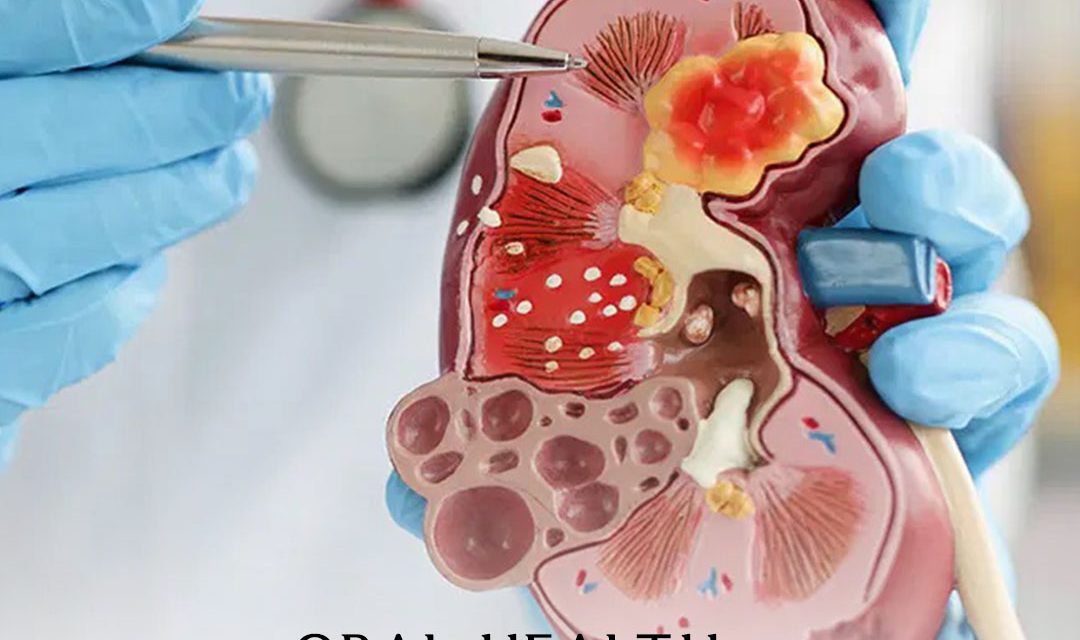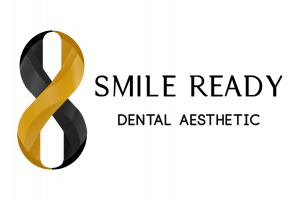
Practicing good oral health habits is essential for those with kidney disease because of how those with the disease handle infections and bacteria. When the body is confronted with oral infections, inflammation occurs to help the body activate its defenses. This inflammation helps to kill the infection that is present. But some lingering infections can trigger chronic inflammation which is not helpful.
Oral cavities and gum diseases are considered chronic bacterial infections. They are painful, making eating difficult, can cause bad breath, and can the germs involved can travel throughout the body. Weakened immune systems are at risk for complications from oral infections. Kidney disease weakens your immune system making you more at risk. (Kidney transplant patients are also at risk because medications that help to prevent rejection of a kidney weaken the immune system making you more susceptible to problems.)
Oral Health Challenges are Common in Patients with Chronic Kidney Disease
Patients that suffer with Chronic Kidney Disease (CKD) are more at risk from poor oral health because of the systemic effects of these conditions like inflammation, infections, protein-energy wasting, and hardening and narrowing of the arteries.
Several studies show that uremic patients (a condition that occurs when the kidneys no longer filter properly) have higher rates of decayed, missing, and filled teeth, loss of attachment, and mouth lesions than the general population.
Also, the consequences of poor oral health are worse for CKD patients because of advanced age, comorbidities like diabetes, medications, and weakend immune systems.
Tips for Preventing Oral Health Isses
Since dental health is directly related to your overall health, maintaining optimal oral health can keep your smile bright and your body healthier. The following tips can help you prevent oral disease:
- Brushing your teeth two times a day, for 2 minutes each time (usually in the morning when you wake up and before you go to bed)
- Flossing to clean between teeth at least once a day (before bed)
- Using products that contain fluoride, such as toothpaste and mouthwash, to strengthen your teeth
- Scheduling an appointment for a cleaning and dental exam every six months with your family dentist, even if you don’t have any other dental health issues
Talk to a member of our staff about whether you or your family could benefit from taking fluoride supplements or getting fluoride treatments. These treatments can help you build strong, healthy teeth, and avoid common issues associated with fluoride deficiency. Fluoride is a mineral compound that helps your teeth rebuild as your tooth enamel wears down from the effects of acids, bacteria and plaque on your teeth.
Are Dental Procedures Safe If I Have Kidney Disease?
Don’t avoid dental treatment if you have kidney disease. DO tell your dentist you have kidney disease and if you are dialysis. It may be necessary to prescribe antibiotics before your dental procedure to help reduce the risk of infection. If you are on dialysis, schedule your dental procedure on a non-treatment day. Once your dental procedure is finished, follow your dentist’s instructions as well as maintain regular oral hygiene.


